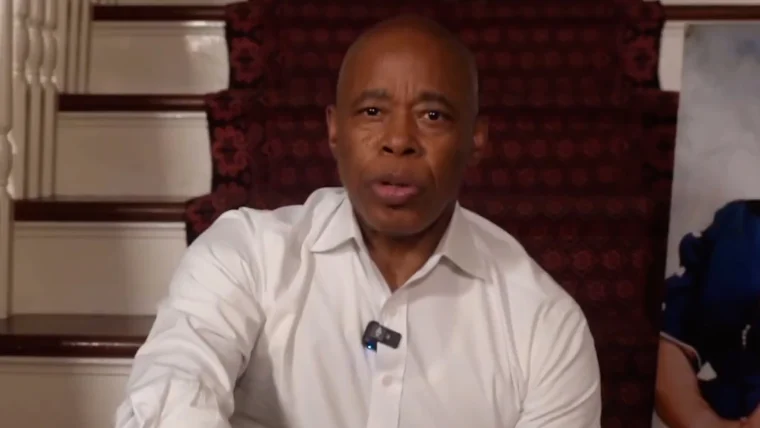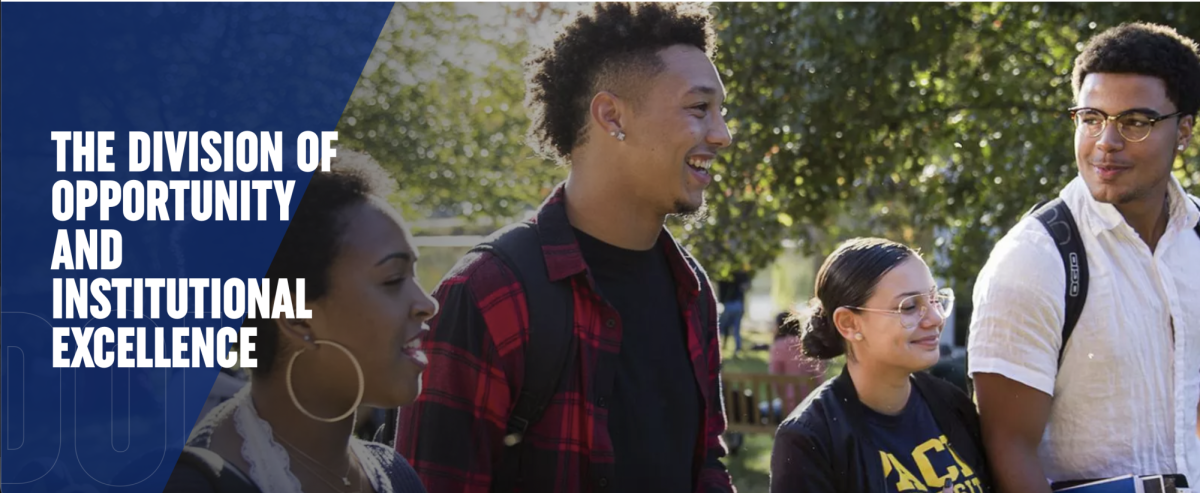The Center for Student Development and Campus Activities continues to prove itself a challenge to overcome for many student organizations on campus. In a recent review of the University, SDACA is specifically called out for needing to improve the service provided to the students. While many grumble about unspecific problems with SDACA, few bother to try and campaign for change.
The incentives for students providing services to the University remains a hot topic, with tuition remission cuts at the forefront. Tuition remission, which is given to a few students in campus organizations, has been decreasing over the last few years. It has also been said that it may disappear all together. This is problematic for many of the students who invest just as much time in an organization as they would at a part time job. When asked about tuition remission getting cut back, David Clark, Assistant Dean for SDACA, said, “It was communicated that University-wide the Tuition Remission Program is being phased out over the next few years and alternatives are being investigated. As soon as we have alternatives to the program selected, we will communicate those out the affected organizations.”
However, there is one organization on campus that not many students are taking advantage of or therefore even know about. This organization is the Office for Student Success. “The Office for Student Success is a unit within the Division for Student Success that provides students with enrichment, leadership mentoring, and experimental learning opportunities,” OSS wants students to feel that they are cared for and want to help the students reach success during their time in the University. Jonathan Hooker, Program Coordinator at OSS said, “It is obvious what changes need to happen on campus and only with the massive support of the students can those changes take place.” Sue Maxam, Assistant Vice President for Undergraduate Education adds, “out of all the University voices it’s the student that’s the more important.”
Although the organization can help, it is also up to the student to voice their thoughts and opinions to get what they need. Jenny Ko, Assistant Director of OSS, adds, “I try to let them know that this is what I can see, this is what I know is available. I also try to let them know that I’m not ignoring them, that I do care and that I am working on it and I’m very, very sorry that I don’t have the answer a student may want. But I have done everything that I’ve been able to and I am still here for anything more I can do or that we can do.” Students can feel empowered by the assistance this office is offering. And when things are not going well in other organizations, OSS will be there for the students. Maxam agrees, “We won’t leave any stone uncovered in trying to find the answers.”
Omnia Khamis, University Alum and now Student Engagement and Retention Specialist, said, “Being on the other side of things and having been a student and being part of The Pace Press and being part of SDACA for two years and res-life, people like to say ‘SDACA is doing this or that in their offices’ but when these SDACA meetings happen in W614, where are the students to come speak about any issues? I feel like a lot of the club leaders are not coming and saying what they are experiencing and They are very important people that can provide feedback, so I urge all of the club leaders to come and do that.”
With shrinking tuition remission and the general labrynthine process of running an organization, however, it remains to be seen whether future students will bother with unpaid campus leadership roles—ditching them for plentiful internships—much less make the time to make their grievances once again known.











